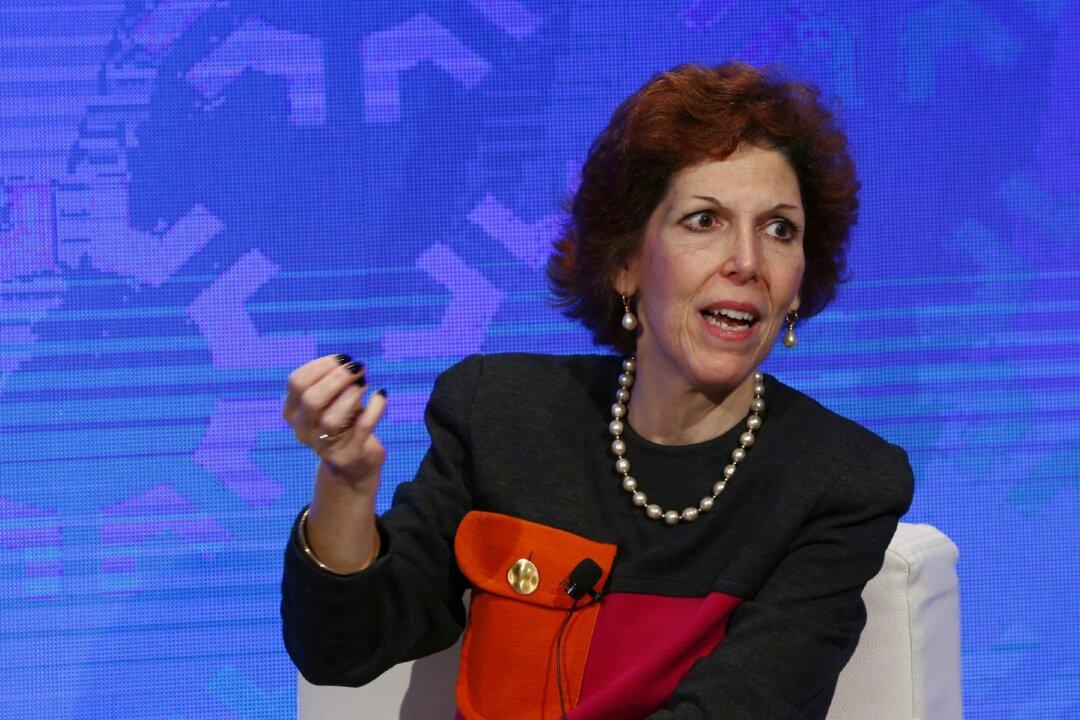Loretta Mester, president of the Federal Reserve Bank of Cleveland, said there was no “compelling” reason to wait for another interest-rate hike, in a recent interview.
Mester told the Financial Times in a recent interview that more must be done to bring U.S. inflation under control, rather than await for more economic results.
Some Fed policymakers have suggested that they would skip another rate hike in June in order to assess the impact of the central bank’s policy on inflation, before raising rates again at a later date.Ohers have indicated the central bank does not need to tighten the money supply any further.





